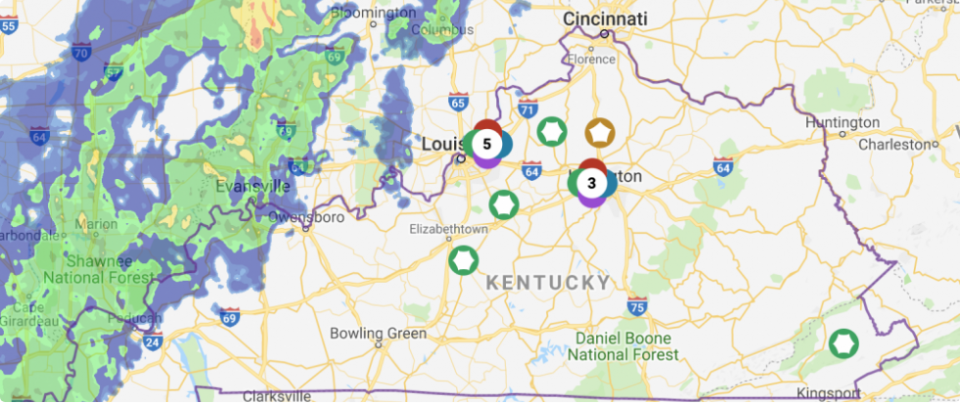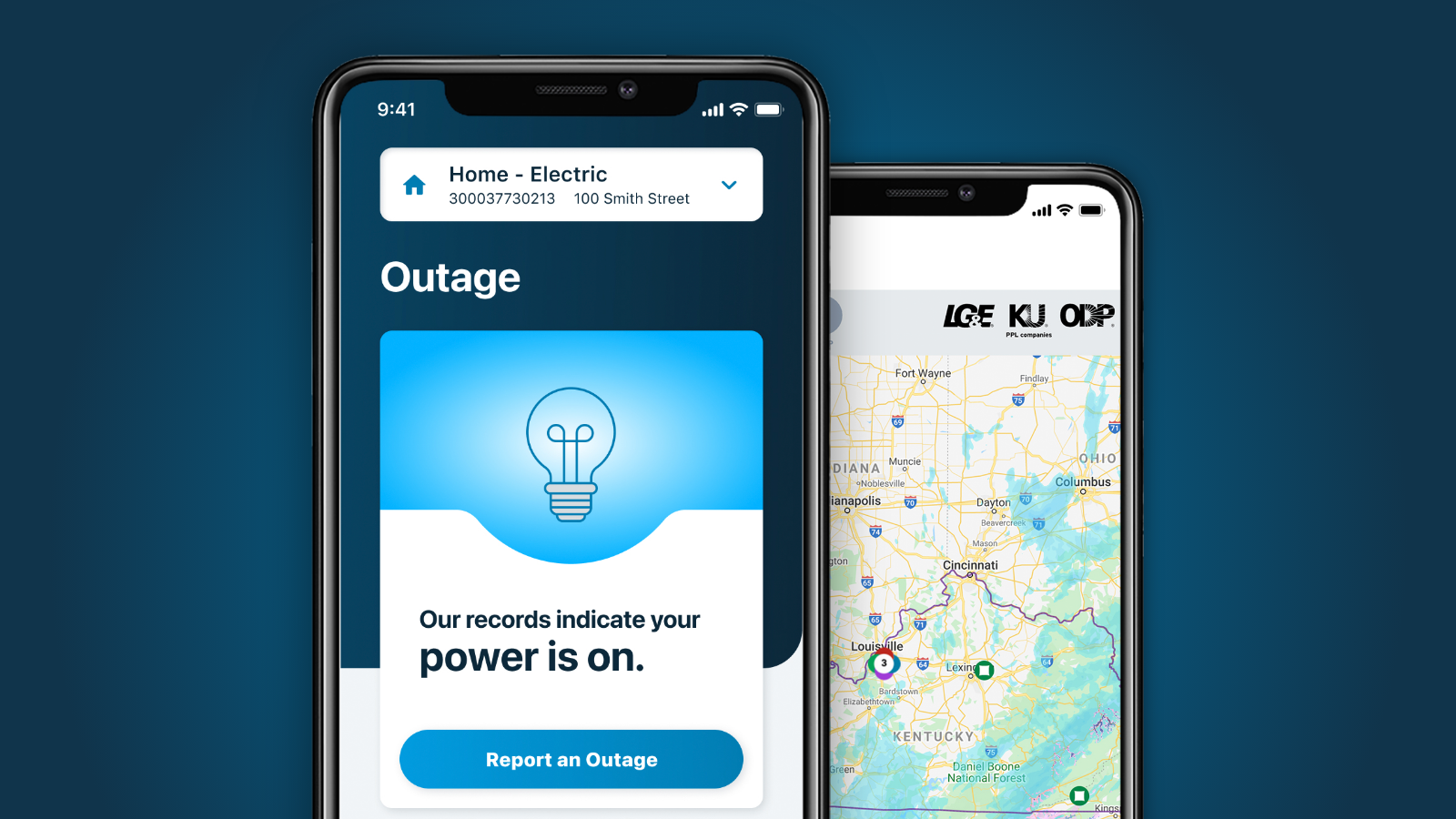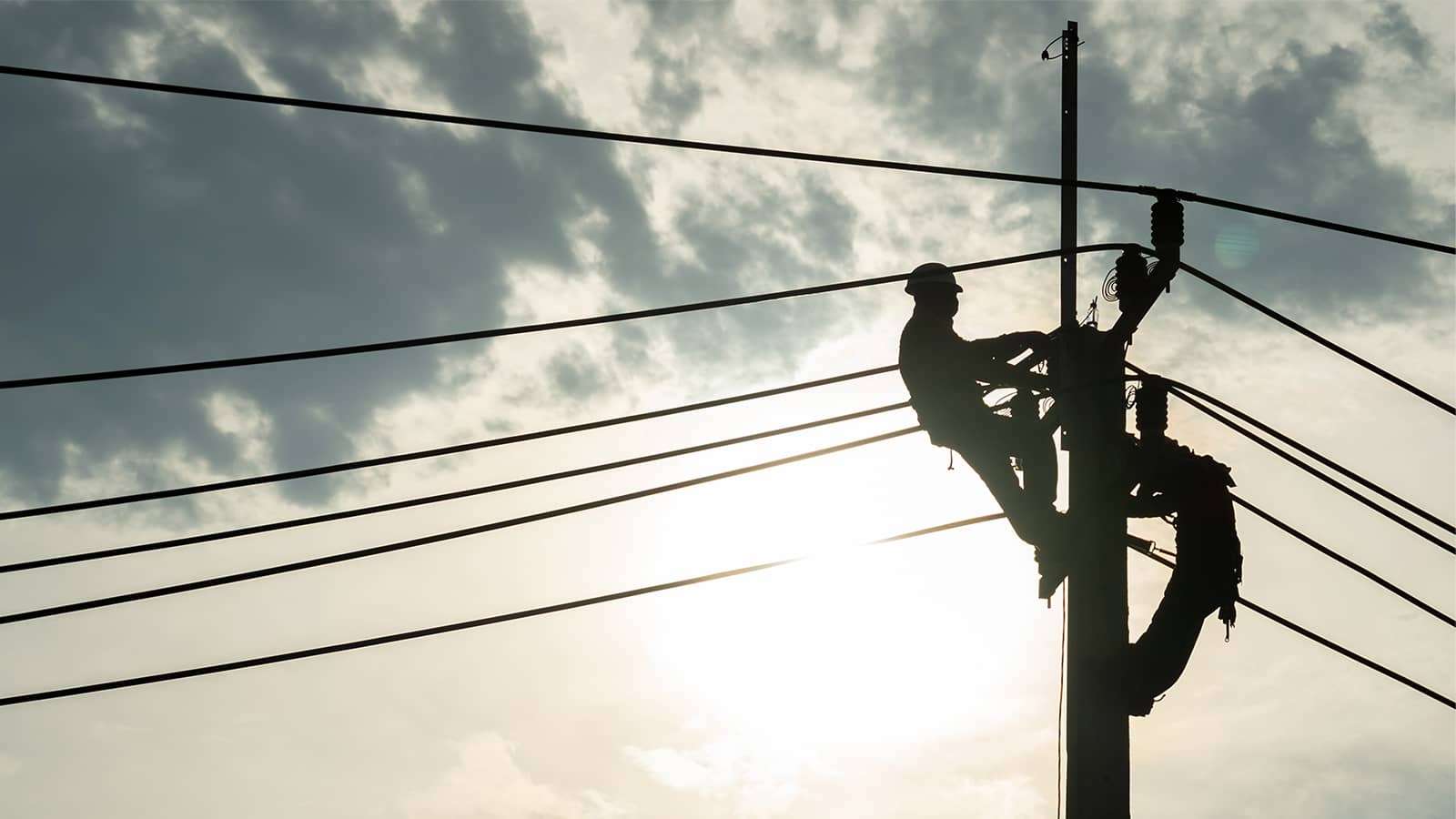We appreciate all our crews who work every day ensuring our customers have safe, reliable service. In celebration of National Lineman Appreciation Day on April 18, here’s a little about a few of our own.
ODP

Jarret Roberts
Service Technician A
- 12 years with ODP
- Lives in Wise, Va.
What are some of your typical duties? I do a lot of different things like taking customer requests and talking to them about what we can do for them and what we can’t do. I also take trouble and outage calls, mark utility lines, install lines and service – a little bit of everything.
What do you like best about the job? I love being able to help people after a storm event. Helping somebody who really needs your help, like an elderly customer, and doing something to help someone is what I really enjoy. Sometimes it can be hard living up here in the mountains, and it can be a challenge to get power restored after a storm.
What is something most people don’t know about the job? I don’t think people understand the stress that this job puts on your family and the dangers that we face day to day. When I was training, I worked with a seasoned lineman on a pole and I asked him if he trusted me. He replied that he trusted me with his life. Those words sunk in, and it was then that I realized the dangers that we all face day to day. And that we trust each other with our lives. There are not many second chances with this job. You are handling something that you can’t see, and if you do see it, you have problems.
Family Tradition: Jarret’s dad, John Roberts, was also a lineworker with ODP from 1976 to 2015. Being a lineworker now, Jarret appreciates how much technology has changed and safety rules have evolved since the days his dad did this job. Jarret at first didn’t want to follow in his father’s footsteps but eventually tried it after some prodding from Dad. But training wasn’t easy. “The first thought that came to me after climbing a 30-foot pole was how I am going to tell my dad I can’t do this,” said Jarret with a laugh. “But after some more training and practice, I realized that this job was the best decision that I have ever made, and I have loved every minute of it.”
KU

Brian Smith
Line Supervisor A
- Nine years with KU, 19 years in the profession
- Lives in Georgetown, Ky.
What are some of your typical duties? I work on a four-man crew, and we do a lot of maintenance work, like capacitor maintenance, air break switches, reclosers, setting poles and upgrades. We are also involved in new projects like AMI metering. We also get called in for emergency work when needed.
What do you like best about the job? I like the teamwork aspect – we can pull up to a scene with the police and fire department and we do what needs to be done together as a team. We have the mindset of the work shall be done and the work shall be done safely.
What is something most people don’t know about the job? We work locally, but sometimes we travel to other areas and other states to help restore power after hurricanes or major flooding. I am proud that I was part of the relief efforts after Hurricane Katrina.
LG&E

Cody Wright
Line Technician A
- Three years with LG&E, seven years in the profession
- Lives in Shepherdsville, Ky.
What are some of your typical duties? I am currently a trouble technician for LG&E, and we are usually the first ones to be sent out to help with outages, broken poles, emergencies, etc. We assess the damage, make sure the scene is safe and get as many lights on as we can. If we cannot get all the lights back on because of major damage, we will isolate the damage if possible and call for a crew to do the rest of the work.
What do you like best about the job? I love hearing joy and happiness shouted through walls and windows of homes from kids and families the minute we turn their lights back on. We also travel to other states to help with restoration after big storms. Some of those people are out days, weeks and sometimes months. There is no better feeling than seeing that happiness on people’s faces when their lights come back on.
What is something most people don’t know about the job? I don’t know if people know the hours we work and the conditions we work in. When people are leaving to get away from storms, we are heading into them. Whatever the weather conditions may be, we are working out in it, and we don’t stop working until power is restored.


